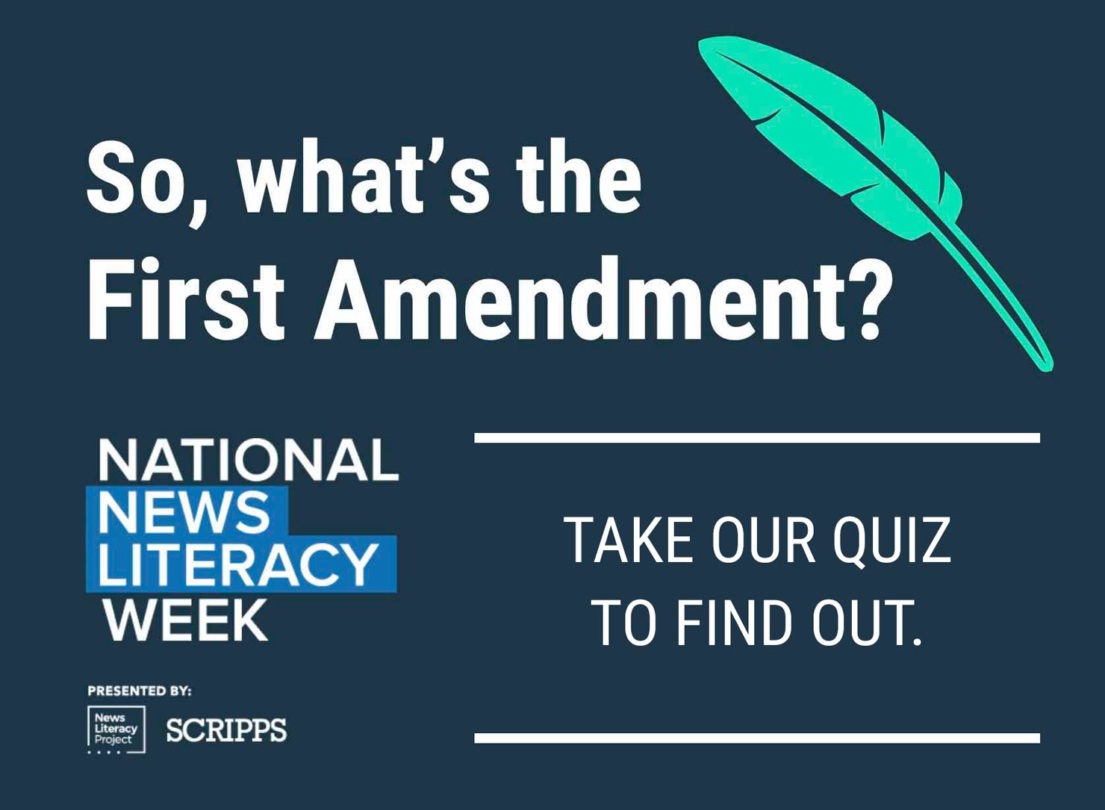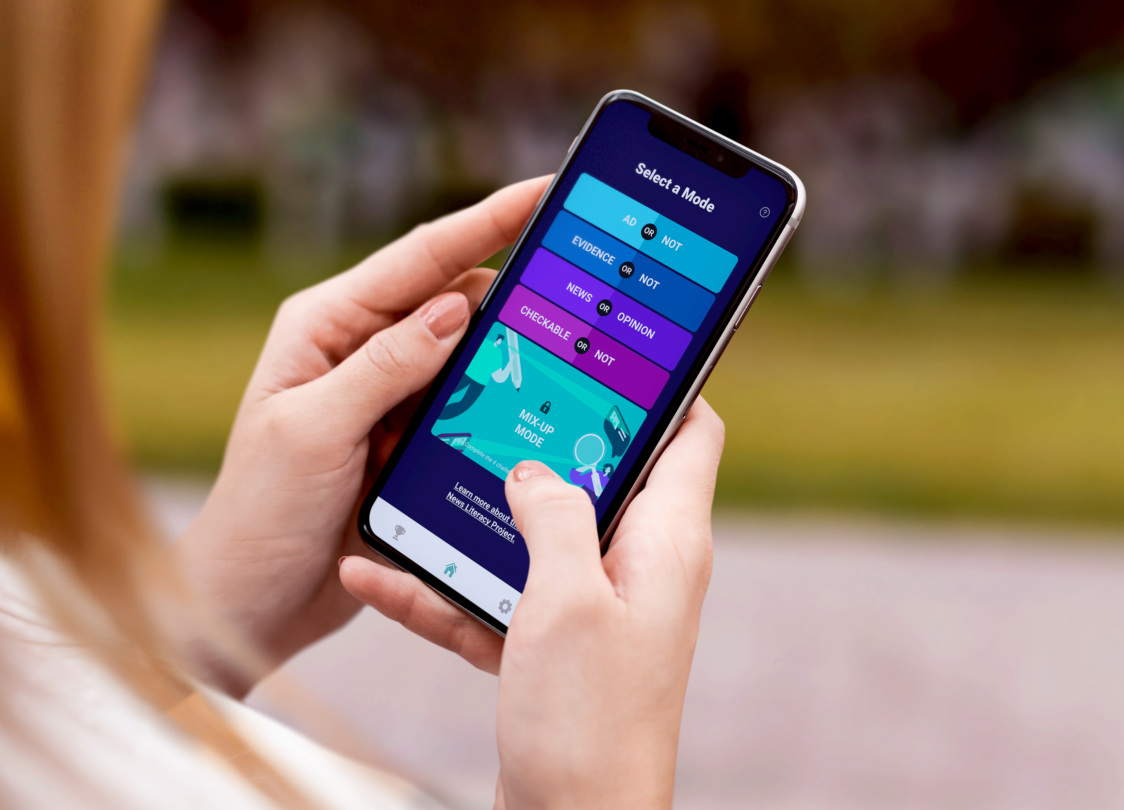Educator Extra:
Blending tips and strategies
Journalism has been described (most notably by Philip Graham, publisher of The Washington Post from 1946 to 1963) as “the first rough draft of history,” and there are opportunities to integrate news reports into history research and study. The examples in this lesson connect directly to key time periods and events in U.S. history.
Prompts for discussion
- If you were an investigative reporter, what would you investigate, and why?
- What would the consequences of each example have been if they had not been exposed through investigative reporting?
- Which of the five examples of watchdog journalism in this lesson do you think is the most important? Why?
- What connections can you make between what you learned about the First Amendment in the last lesson and the examples of investigative journalism you explored in this one?
Go deeper
Ask students to make connections between the work of Ida B. Wells and that of Wesley Lowery and his Washington Post colleagues. How are these two examples of the watchdog role similar? How are they different?
Challenge students to write a fictional Wikipedia entry for one of the historic cases of watchdog journalism (Bly, Wells or Hersh) as though it was happening today. How might have the reporting, technology and methods used by the journalists have been different? What, if any, changes might there be in the impact and outcomes of their work?
Explore the relationship between these reports and their social, cultural and historic contexts — for example, could Bly’s exposé about Blackwell Island have happened today?
Take informed action
Ask students to search through recent examples of investigative reporting and select one that is especially meaningful to them in some way. (You might limit their search to a collection you create, or to past winners and finalists of the Pulitzer Prize for Investigative Reporting, winners of the Investigative Reporters and Editors awards, stories shared on social media using the #MuckReads hashtag, or reporting from one or more specific news organizations.)
Students could share their selected article or series with others in any way you (or they) choose, such as in a mock mini-TED Talk, a PechaKucha or other style of lightning talk, or a more substantial format, such as a detailed slide deck, a personal essay, or a creative product of the student’s choice.


